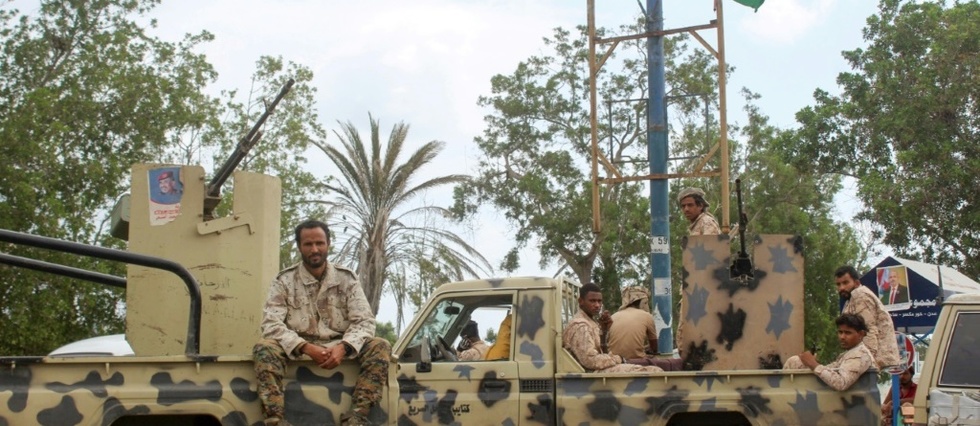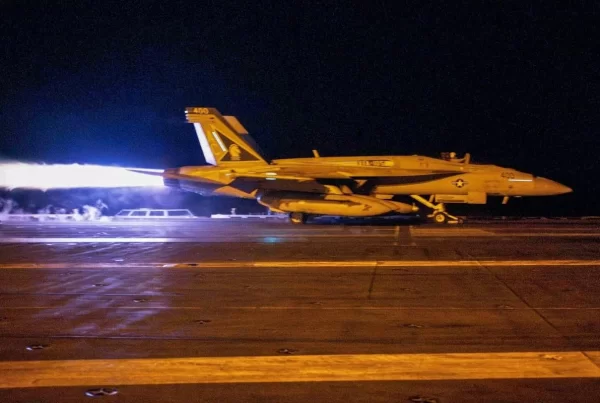After the end of the year marked by relative calm and the continuation of talks by the multiple actors in the conflict, the noise of weapons and the uncertain count of the dead have returned to northern Yemen. Houthi rebels are again fighting pro-government forces there, supported by the Saudi air force since the start of the year. The military escalation between the rebels and the government continues as an agreement between the Loyalist government and the separatists in the south of the country reveals new signs of weakness.
The specter of the war of all against all looms again over the country with its galaxies with the changing orbits of foreign armies, militias and local potentates among which somehow survives a trapped population, which counts nearly 4 million displaced out of 28 million inhabitants. Since the intervention of the Arab coalition led by Saudi Arabia against the Houthi rebels supported by Iran in 2015, in support of the official government, tens of thousands of people have been killed by the fighting or by the collapse of institutions and the economy.
“Scarcity of observers”
The new military escalation has intensified in recent days in the northern regions of Sanaa, Marib and Al-Jawf. Losses are heavy on both sides, but the rebels and their allies appear to have the advantage over government troops. The Yemeni government, in exile in Riyadh, said that Houthi rebels who control the capital and have Iranian support launched a missile against a loyalist military camp, killing 100 people on January 18. However, this assessment has not been independently corroborated.
On Wednesday January 29, Houthi rebels who control the capital, Sanaa, also claimed to have launched an unconfirmed drone and missile attack on installations by Aramco, the Saudi oil company. In September 2019, large-scale attacks claimed by the rebels but attributed to their Iranian allies had caused major damage, temporarily blocking 5% of world production.
The precise origin of the escalation in progress as well as the real nature of the claimed or denounced missile attacks remain unclear. “The scarcity of independent observers and the willingness of each actor to control the story make it particularly difficult to establish the chronology of the facts that have led to the current deterioration of the security situation”, notes Peter Salisbury, a specialist in Yemen for the NGO International Crisis Group: “One thing is certain, however, even if the Houthis and Saudi Arabia have not stopped their talks, there is no confidence between the parties to the conflict. Everyone wants to establish a new military balance of power to weigh in future negotiations. “
Plan remained a dead letter
The ongoing fighting could derail all of the bilateral talks that constitute the semblance of an ongoing political process around Yemen. “In the government camp as in the Houthi camp, the” hawks “are gaining ground as a result of the fighting”, says Mr. Salisbury. The key to de-escalation, however, lies in Oman, in the hands of the successor of Sultan Qaboos Ben Said, who died on January 10, according to Farea Al-Muslimi, president of the Sanaa Center for Strategic Studies, and associate researcher at the Chatham think tank. House “Muscat is the site of talks between Saudis and Houthis. Whatever the position of the Yemeni government, peace depends on the maintenance of dialogue between Riyadh and the rebels. The new sultan, Haitham Ben Tareq, is the guarantor. “
According to an agreement signed with the government in exile concluded in the forceps under the patronage of Saudi Arabia, in November 2019, in Riyadh, the southern separatists who, for their part, claim Aden, the big southern port city, were to integrate into the government forces. As ambitious as it was unrealistic, the plan to end a war in the Yemeni war remained largely unfulfilled. The separatists are reluctant to deliver their heavy weapons to government forces. Some, in loyalist circles, go so far as to accuse the southerners or their sponsors, the United Arab Emirates, of being at the origin of the ongoing escalation … Riyadh and the official government being too monopolized by the fighting in the north of the country to force southerners to join the ranks.






